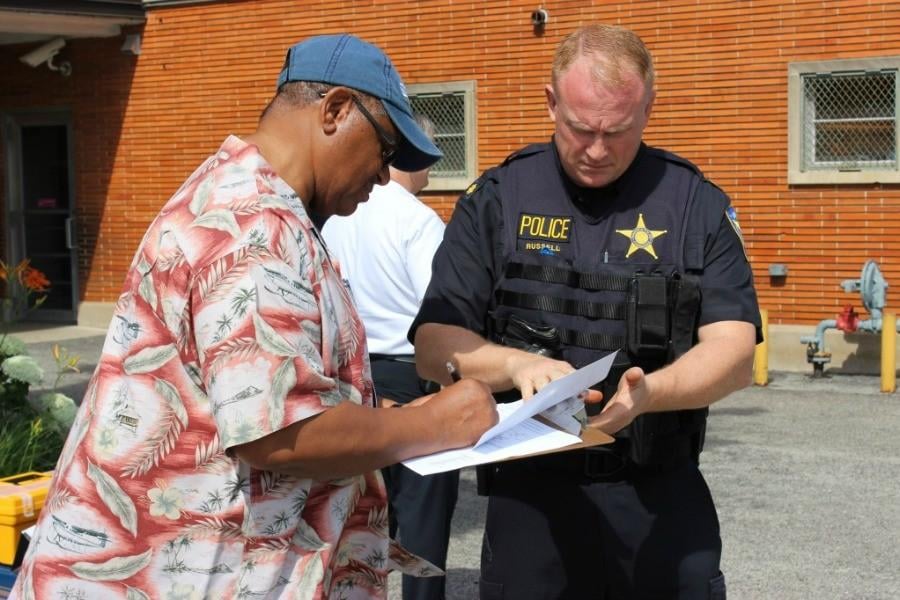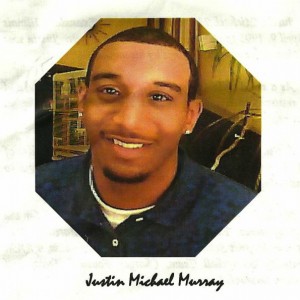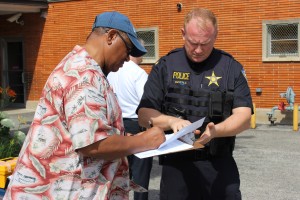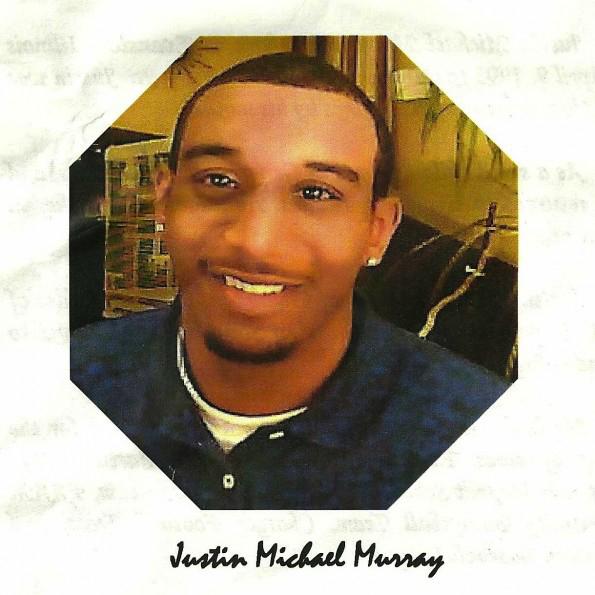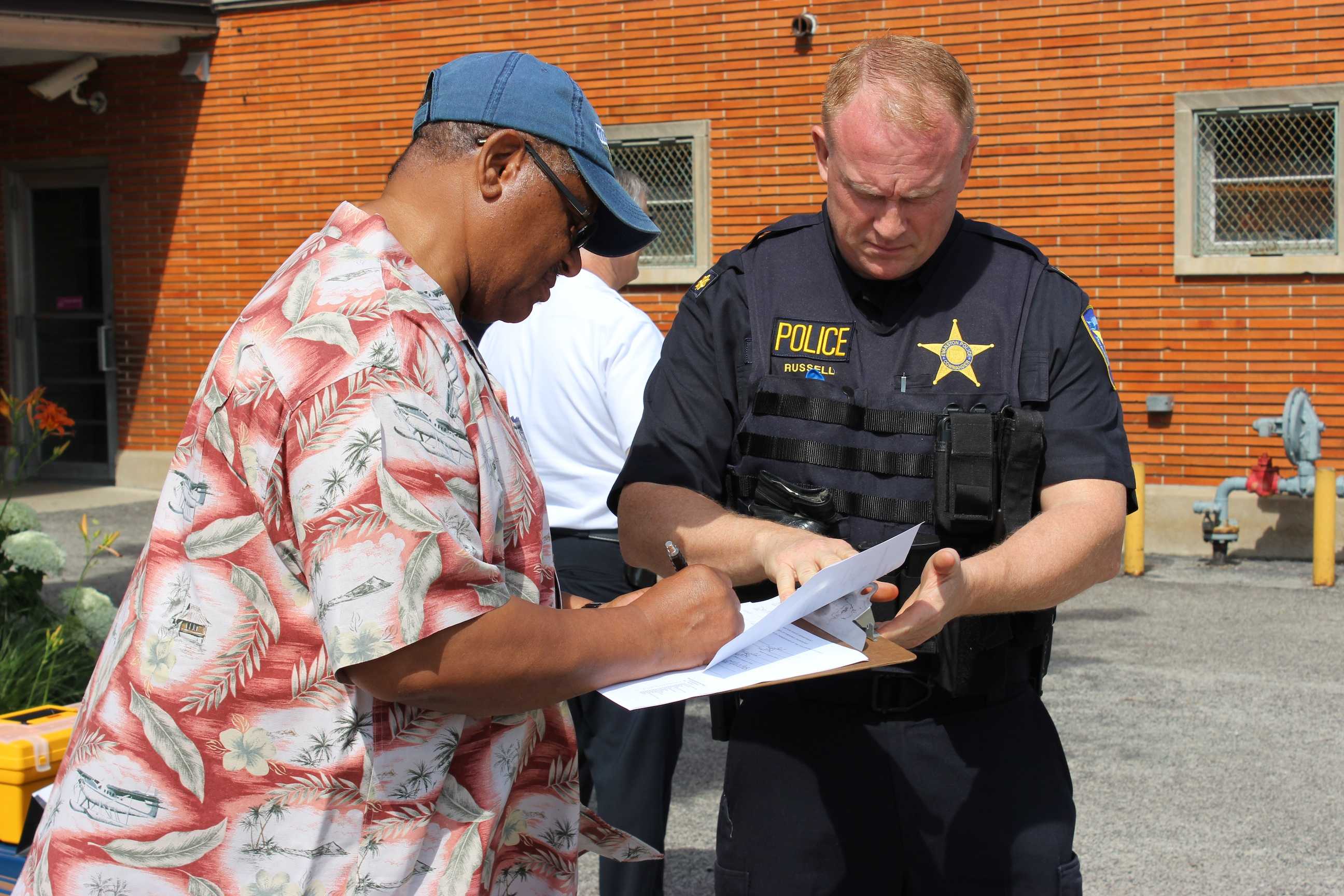Gun buyback activist questions efficacy of program after recent shootings
Daily file photo by Cat Zakrzewski
Evanston resident James Davis fills out paperwork at the city’s second gun buyback event in June 2013. The city has since changed the gun buyback format to allow residents to trade guns for money on a daily basis.
October 23, 2015
Less than three years after Evanston resident Carolyn Murray’s son was gunned down on the city’s West Side, Murray stood before City Council speaking again to aldermen about how the gun buyback program could reduce violent crime in Evanston.
In response to recent shootings, Murray urged city officials to reinstate public gun buyback programs based at community centers.
“If we have organizations come together and reach out to the individuals owning and operating guns, we can end the senseless gun violence,” Murray said at the meeting last month.
At the Sept. 21 council meeting, several members of the community in addition to Murray expressed concern about recent gun-related homicides in the city. Just three days earlier, 45-year-old resident Cesario Cox Sr. had died from injuries sustained in a gunshot wound to his head while sitting on the back porch of a house one block from Evanston Township High School.
Two of this year’s three homicides — all of which were gun-related — occurred about two weeks apart. Investigators believe Cox’s murder was a gang-related retaliation to another fatal shooting on Aug. 31.
Although the city used to try to combat violence through community-based buyback events, the police department transitioned in Fall 2013 to make gun buyback an everyday opportunity.
As the city’s gun buyback program stands, residents can call the police department any day they choose and an officer will visit their home to collect the firearm and provide a $100 voucher that can be cashed in at the Civic Center, said Evanston police Cmdr. Joseph Dugan. Individuals can also call into the police department to schedule a time to exchange their gun, Dugan said.
“We call and prearrange a pickup time for all firearms,” Dugan said. “We don’t want people bringing guns into our lobby, so we request that it’s put into a locked container and the location of the gun reported to us. That way you have more control.”
But Murray, who was involved with establishing the city’s first gun buyback events in 2012, said community events for gun buybacks should be reinstated because individuals in the community are uncomfortable personally contacting a police officer to hand over a gun.
“Doing it at the police station … it doesn’t work,” Murray told The Daily. “No one feels comfortable contacting police to give them a gun.”
In November 2012, the city’s first amnesty-based gun buyback was announced to take place on Dec. 15. The buyback event, based at Christ Temple Missionary Baptist Church on Simpson Street, resulted in 45 collected guns at $100 per firearm. A second buyback took place about seven months later at a different Evanston church, where 28 firearms were collected.
Murray said she was ready to start a community-based buyback on her own before city officials contacted her in 2012 asking for input on operational procedures for the city’s first official buyback event.
“I was prepared to do gun buybacks in my living room because I was fed up with hearing gunshots every night in the ward,” said Murray, who lives in the 5th Ward. “When they called me, the community outcry was for buybacks because of the numbers supporting them.”
Due to the success of the two programs, officials broached the topic of an ongoing buyback program that would operate 24/7, city manager Wally Bobkiewicz said. Individuals requesting a firearm to be taken off their hands can call the Evanston Police Department’s non-emergency line and set up a time, Bobkiewicz said.
“It really is, turn in your gun — no questions asked,” he said.
On Sept. 24, three days after the City Council meeting at which Murray spoke, Mayor Elizabeth Tisdahl released a statement reiterating the city’s commitment to a consistently operating program. Bobkiewicz said the statement was a clarification that the program was operating, given the possibility of misunderstanding the timeframe when gun buybacks went from sporadic operation to a consistent basis.
“The important thing is … what the chief of police thinks is an effective program,” Tisdahl told The Daily. “The one-day program did not get the number of caliber of guns off the street that (police Chief Richard Eddington) hoped for, and after trying this different method he feels this program is successful.”
Murray said the success she envisions for the buyback involves collaboration between city officials and those in community areas impacted by violent crime.
“We’re just not utilizing the opportunity to bring someone to the communities where these events occur and say ‘we know what you’re dealing with and we want your cooperation,’” Murray said. “It’s about bringing the community together — there is no one-pill solution.”
Marissa Page contributed reporting.
Email: [email protected]
Twitter: @elenasucharetza
